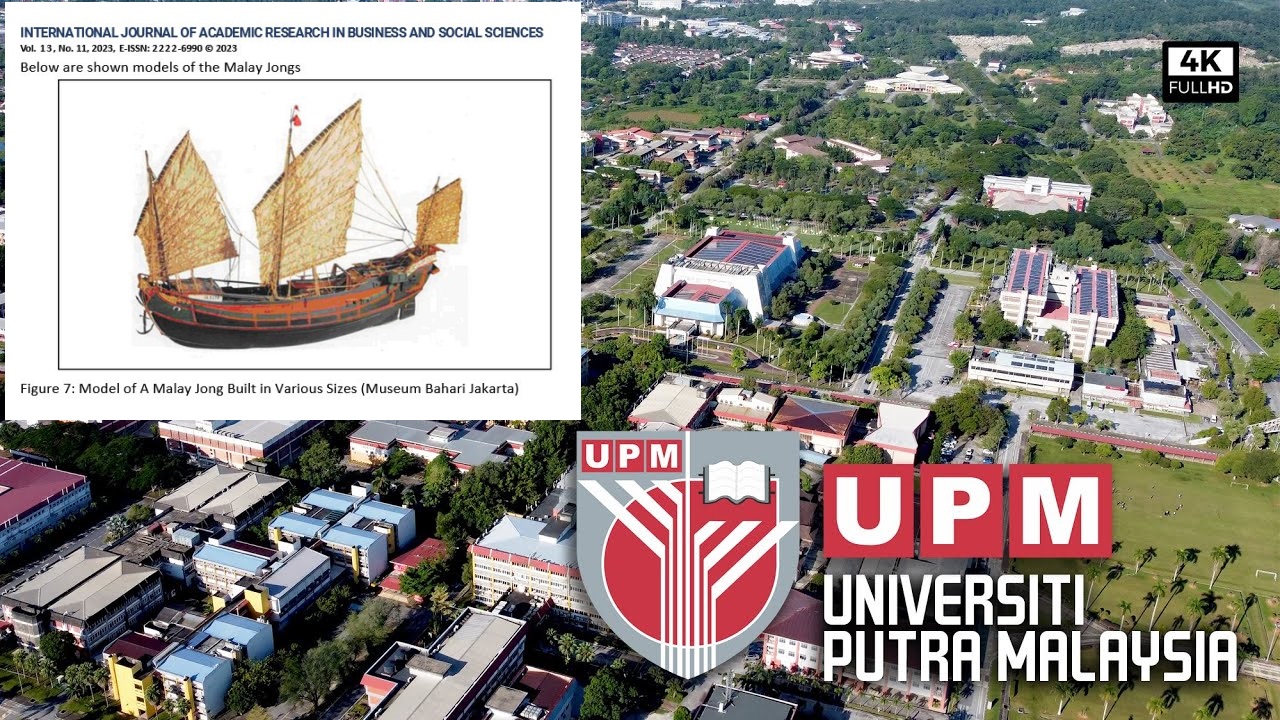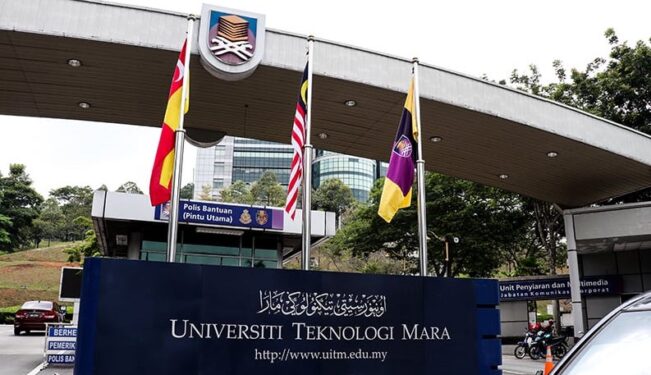IT is no secret that the quality of Malaysia’s tertiary education system has taken a hit over the decades as we trail behind regional universities in international rankings.
But the recent revelation by a French historian that two Universiti Putra Malaysia (UPM) academics were mis-representing historical facts in a dubious journal has only tarnished local varsities even further.
In a Facebook (FB) post, French historian Serge Jardin named Rozita Che Rodi and Hashim Musa as the authors of a paper entitled “The Jongs and The Galleys: Traditional Ships of The Past Malay Maritime Civilisation” that was published in the International Journal of Academic Research in Business and Social Sciences, Vol.13, Issue 11 2023.
Jardin alleged that an image used in their paper to show a model of Malay Jongs (a type of sailing ship originating from Java, Indonesia that was widely used by Javanese, Sundanese, and later by the Peguan and Malay sailors) is in fact a Foochow Pole Junk (a type of cargo vessel) from China.
His posting entitled “How Low Can Academia Go! Shame, Shame, Shame” has since gone viral on social media.
“In the Malay Concordance Project, galley is not mentioned twice in the Sejarah Melayu (ed. A. Samad Ahmad) but six times!” Jardin pointed out in his FB post with regard to the galleys.
“All in connection with the arrival of the Portuguese in Melaka (confirmed by the Portuguese sources), never in the “Malacca armada”. Galley was never used by local mariners during the Malacca Sultanate period. Most Southeast Asian Navy (men) started adopting galleys in their fleet after the advent of Portuguese-Ottoman to SEA (Southeast Asia).”
He added: “The galley, Mendam Berahi, of Hikayat Hang Tuah (17th century) is an anachronism.”
Jardin also questioned the credibility of the journal it was published in and whether the publication was peer-reviewed.
Among those who shared Jardin’s FB post was the professor of Asian Studies at the University of Tasmania James Chin who was “completely dumbfounded” by the revelation given both academicians could have easily fact-checked their claims.
“Two academics published in a fake academic journal claiming Chinese junk to be Malay in origin … From a top Malaysian research university. I am completely dumbfounded because you can check the facts so easily,” he posted on X (formerly Twitter).
🚨🚨The KM crowd are so desperate to rewrite history. Two academics published in a fake academic journal claiming Chinese junk to be Malay in origin
…. From a top Malaysian research university. I am completely dumbfounded because you can check the facts so easily. Do read the… pic.twitter.com/skkGsK8ruE— James Chin (@jameschin110) January 20, 2024
Other social media users were also vicious in their attacks against the academic dishonesty with X user @DaHangMuda wrote: “Universiti Kangkung all will become”.
Another neytizen @Nukexpert28 exclaimed: “Hahahaha that’s how low the Malaysian public education system will go when there’s no check and balance mechanism in place … this is too funny”.
How universities in Malaysia – previously held in esteem for their pursuit of truth – have now shamelessly dispensed with facts – is indeed mind-boggling.
Perhaps some of our leaders’ shameless attitude in looting the country and being economical with the truth has seeped into other public institutions, including our ivory towers.
For example, a former leader wore his tagline “Malu Apa, Bossku?” like a badge of honour despite being the first ex-premier charged for corruption and having to serve a sentence of 12 years behind bars.
How are lesser mortals expected to abide by moral and ethical standards when our leaders not only have no shame about their past misdeeds but even took pride in them?
Still, such dishonesty at the Malaysian public universities has to stop. The academia is one of the last bastions of intellectual honesty and knowledge-generation, playing a pivotal role in shaping the foundation that thrives on informed discourses and innovation.
We need to bring back the shine in our local varsities. – Jan 22, 2024










